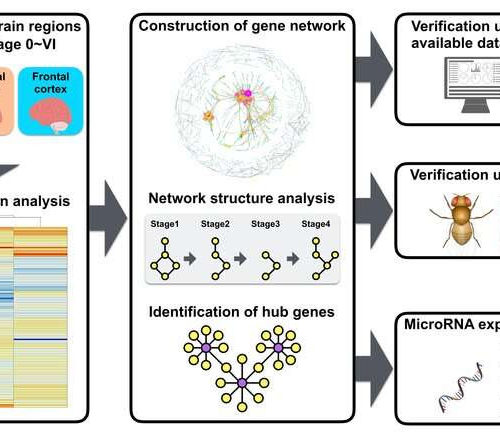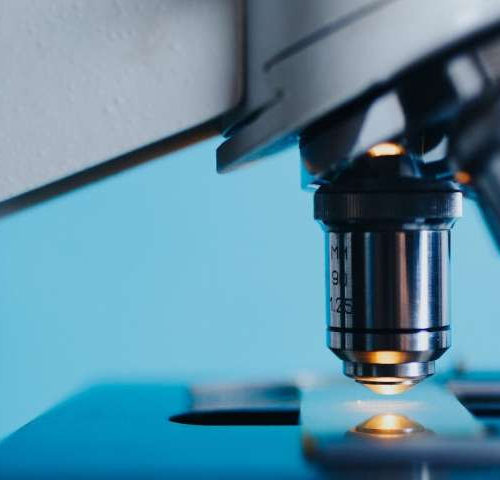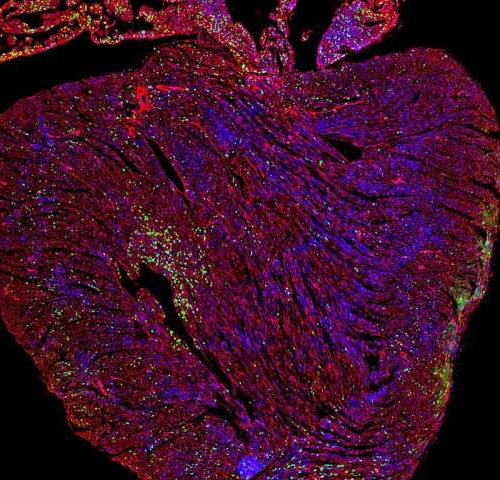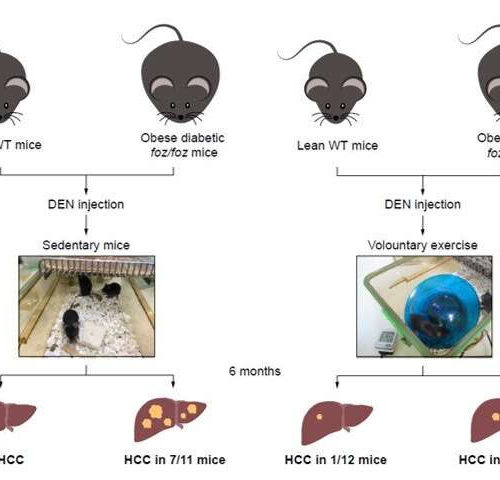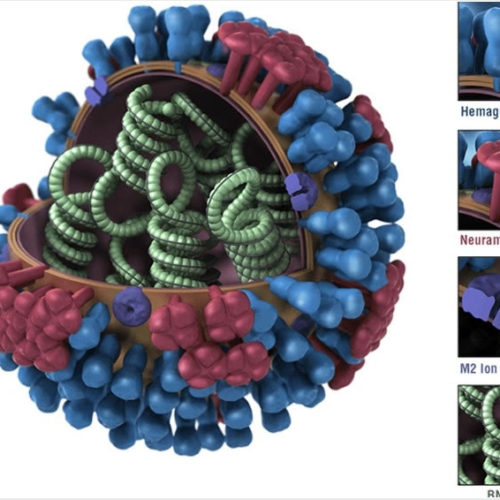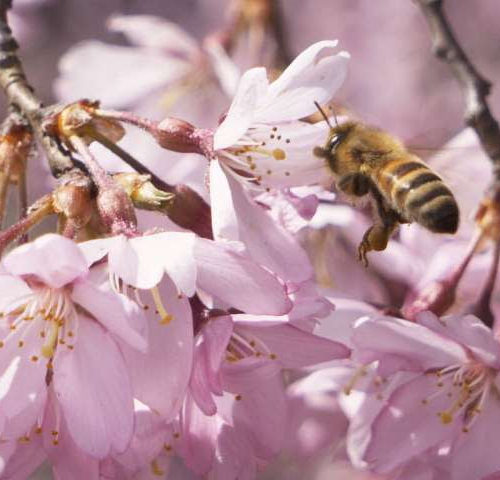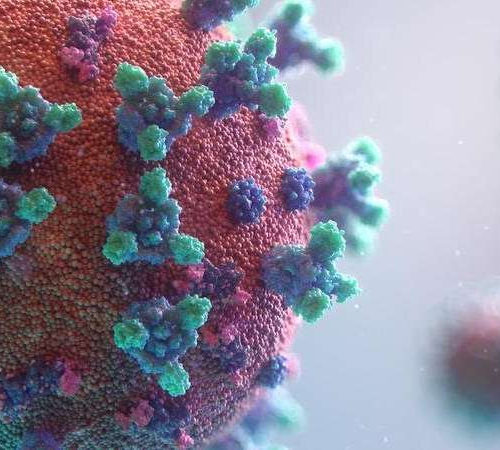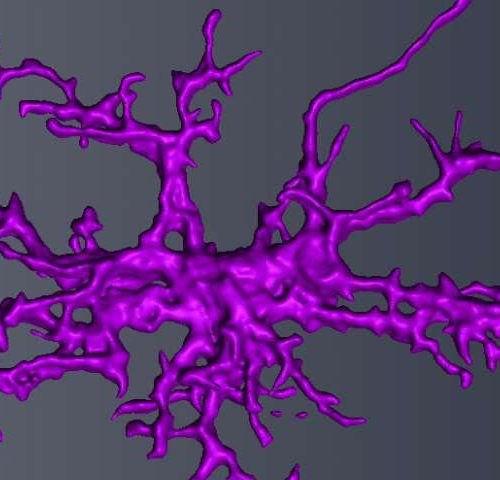THIS SMART RING USES AI TO SPOT COVID-19 — BEFORE SYMPTOMS BEGIN IMAGINE IF HOSPITAL WORKERS COULD BE RELIEVED DAYS BEFORE THEY BECAME CONTAGIOUS. BY DAN ROBITZSKI / APRIL 11 2020 One of the trickiest parts of tracking the COVID-19 pandemic is how good the coronavirus is as hiding out undetected in the human body....
Gene-network analysis is a valuable new tool for understanding Alzheimer’s disease
by Osaka University Alzheimer’s disease (AD) is known to involve interactions among many different genes, making it difficult to pinpoint the specific mechanisms. But now, researchers from Japan have found a new way to identify genes implicated in neurodegeneration in AD. In a study published this month in Human Molecular Genetics, researchers from Osaka University,...
Immunotherapy drug for advanced lung cancer shows promise
by Anne Doerr, Yale University Lung cancer spreads to the brain in about one-quarter of patients with an advanced form of the disease. To date, radiation has been the only treatment option, but it comes with toxic side effects. Researchers at Yale Cancer Center (YCC) have found that use of the checkpoint inhibitor pembrolizumab in...
Switching on a key cancer gene could provide first curative treatment for heart disease
by University of Cambridge Researchers trying to turn off a gene that allows cancers to spread have made a surprising U-turn. By making the gene overactive and functional in the hearts of mice, they have triggered heart cell regeneration. Since adult hearts cannot usually repair themselves once damaged, harnessing the power of this gene represents...
New study indicates exercise can help prevent liver cancer
by Elsevier Liver cancer is the fourth most common cause of cancer death worldwide and is growing rapidly due to the “diabesity pandemic.” A new study reported in the Journal of Hepatology, provides strong evidence that voluntary exercise could help prevent the most common type of liver cancer, hepatocellular carcinoma, and identifies the molecular signaling...
Missing COVID-19 antibodies suggest mystery immune response
By Sally Robertson, B.Sc. Researchers at Shanghai Public Health Clinical Center have made important discoveries about the immune response among patients who have recovered from mild COVID-19 disease that could help to inform prevention and treatment methods, as well as improve the efficacy of community testing. They found that many of the participants had high...
Electrospun manuka honey nanofibrous wound dressings
by Shinshu University As instances of antibiotic resistance increase in the medical field, scientists are reexamining natural materials for their potential use in medicine. Honey has been used for thousands of years—from the time of Pharaohs—for their effectiveness in treating wounds and burns. Manuka is honey made by bees out of the pollen of Leptospermum...
‘Exciting’ anti-cancer compound discovered in the humble willow
by Rothamsted Research More than a century after giving the world aspirin, another potential drug has been found in the stem and leaves of willows—this time with anti-cancer properties. Scientists led from Rothamsted Research, working with cancer biologists at the University of Kent have discovered the chemical, miyabeacin, which has been found to kill various...
Bioengineer explores selective immunosuppression to calm cytokine storms
by Holly Ober, University of California – Riverside Sometimes when the body’s immune system ramps up to fight a viral infection it goes a little overboard. Injured or infected cells produce small signaling proteins called cytokines that rally immune cells such as macrophages to destroy invaders and help the body heal. Some viral infections, such...
Autism in males linked to defect in brain immune cells, microglia
by The Scripps Research Institute Many cases of autism spectrum disorders (ASDs) may result from problems in immune cells that normally work to trim back unneeded brain connections in early life, suggests a new study led by scientists at Scripps Research. The study, published Tuesday in Nature Communications, examined the effects of a set of...

